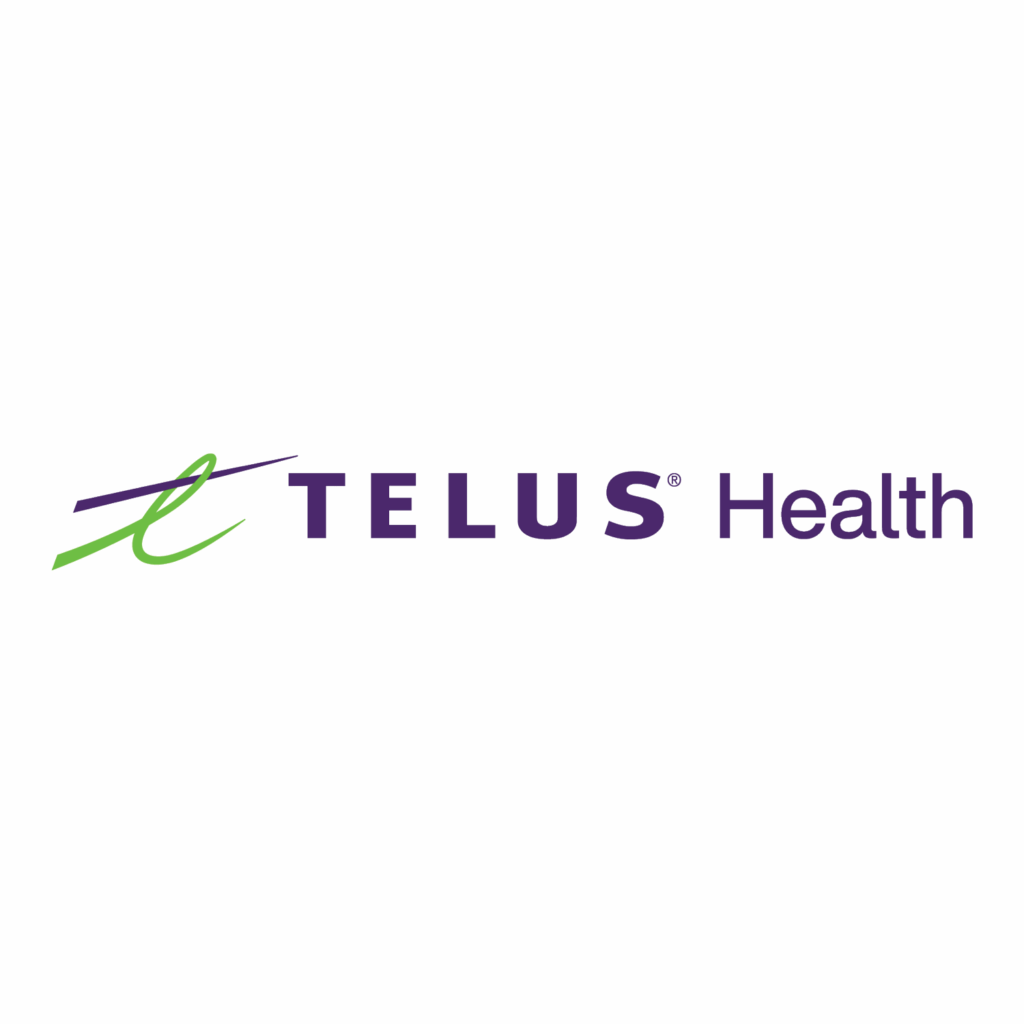
In the intricate world of health information, each piece of data weaves a larger narrative, painting a vivid picture of patient journeys. Like narrators, health information professionals (HIM) skillfully curate and interpret data, transforming them into compelling, insightful stories that guide healthcare decisions, treatment, and innovations.
I have come to view health information management professionals as data storytellers.
I had the opportunity to sit down with Kenny Der, the Director of Health Informatics within the perinatal cluster at the Provincial Health Services Authority in British Columbia. Kenny has spent over twenty years working in health informatics and has held diverse roles, including leadership positions in privacy, project management, governance, system development, and business intelligence. Kenny’s love of data and passion for merging health, innovation, and technology has him fully entrenched in his role.
Let’s explore the world of health informatics and leadership with Kenny and explore how he is setting new standards for excellence in the industry.
Kelly Wilson: As the Director of Health Informatics, what inspires you to keep going?
Kenny Der: For me, it is the awareness that I’m contributing to changes that enhance the quality of care. Regardless of my challenges, my mindset is consistently focused on how we can make improvements. I’m constantly striving to do my best to transform how care is delivered.
Kelly Wilson: You seem passionate about technology, innovation, and health care. Can you elaborate on how technological advancements have transformed the collection and use of data over the years, especially concerning perinatal health?
Kenny Der: Over time, BC has achieved considerable progress in implementing electronic record systems. There is a level of interoperability and communication between various systems that allows data to reach the appropriate provider promptly. Digital data also allows us to link the different data sources in repositories for research and analytics. There is still paper and faxing between private clinics and hospital clinical information systems but we are committed to ongoing advancements with infrastructure and integrating new systems that effectively communicate with each other.
It is exciting to see BC moving in this direction – doing things that we have never done before! If a provider can access patient information, that saves a patient from having to repeat themselves, which increases efficiency. Having data in the right place, at the right time, and for the right provider, is key.
Kelly Wilson: In your opinion, what are the challenges faced by this industry?
Kenny Der: In my world, interoperability across BC is still a major challenge but with a light at the end of the tunnel. Moving to digital means an overwhelming amount of data to deal with. So, we’re always looking to streamline processes and create centralized platforms where data are linked or aggregated together. We are also looking to leverage artificial intelligence (AI) more.
Kelly Wilson: Tell me more about the use of AI within the health care sector as it relates to health information.
Kenny Der: The use of AI in health care is still very new. We are looking at natural language processing models to see how we can extract data from unstructured patient data. This approach can save time and offer many opportunities, such as improving the value of data for analytics and creating predictive models for conditions and diseases to aid in diagnosis. There is still a lot of work that needs to be completed before we can fully trust AI usage, but it’s exciting!
Kelly Wilson: How does evidence-based practice guide decision-making as it relates to health information?
Kenny Der: Our perinatal data registry gathers information on every delivery throughout the province. In using this data, analysts and researchers can identify potential risks and better understand the quality of care that is being provided to inform change. This information has also been crucial in recognizing the role midwives play in our system, especially in alleviating the burden on other health care providers. As a result, data has been a driving force behind the expansion of midwifery, leading to the creation of more opportunities for educational programs.
Kelly Wilson: What leadership principles and philosophies have guided you in establishing effective teams that influence initiatives?
Kenny Der: I am passionate about leading and fostering trust, empathy, and commitment. When, as a team, we care for one another, it becomes easier to engage in tough conversations and address complex issues. It’s about establishing a safe and open environment that focuses on finding solutions rather than assigning blame.
I’m dedicated to creating a workplace culture where everyone feels appreciated and believes in their contribution to the organization’s overarching goals and mission.
Kelly Wilson: There’s a perception that data is facts and figures. How do you inspire empathy when dealing with data?
Kenny Der: Well, if you think about it, data represents a patient and their experiences. It creates a story and is our way of understanding what is happening to mothers and babies throughout the province. This story is instrumental in guiding us to make services better.
Kelly Wilson: Looking toward the future, what emerging trends in health information do you believe will have the most significant impact?
Kenny Der: What’s happening with interoperability is always exciting! There is more acceptance of moving health data into the cloud, which makes sharing data more flexible. The biggest trend nowadays is of course leveraging AI and automation to improve efficiency and gain insights through data.
Kelly Wilson: Is storing health information in the cloud safe?
Kenny Der: Banking information is stored in the cloud and is considered safe with the proper security measures in place. Health information would be no different. Most cyber attacks start with phishing attempts, so security measures concerning electronic information should be taken with clinicians, nurses, allied health, and patients on how to recognize suspicious attempts to steal credentials and safely access information.
Kelly Wilson: Tell me about your association with CHIMA.
Kenny Der: I’ve been a life long member of CHIMA since graduating and passing the certification exam. Over the years, I’ve witnessed many exciting organizational developments, such as introducing new educational programs, career matrices, and certifications. CHIMA is continuously growing and expanding, and the relevance and significance of health information professionals is greater than ever before.
Biography
Kenny Der, MBA, BSc, CHIM, CPHIMS-CA, Director, Informatics, Perinatal Services BC, Provincial Health Services Authority. In his spare time, Kenny enjoys exploring neighbourhoods, hiking around his home city of Vancouver, and reading science fiction and fantasy novels.



